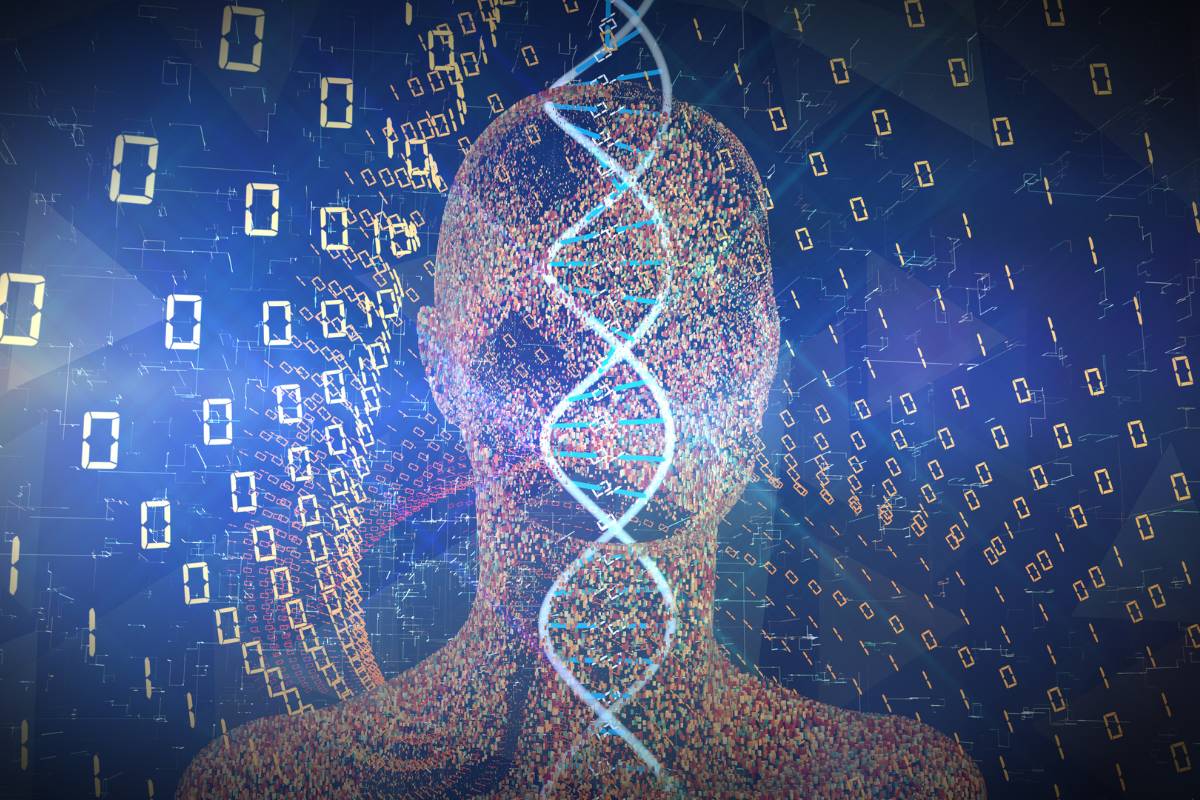Our digital world is generating an unprecedented amount of data, from emails and photos to vast amounts of information collected by IoT (Internet of Things) devices. This data explosion presents significant challenges for traditional storage technologies, which are struggling to keep up with the growing demand. Additionally, these technologies face issues like degradation and obsolescence, making them unsustainable for the future.
DNA: A Promising Solution

DNA data storage emerges as a revolutionary solution to this challenge. DNA offers unmatched storage density, with the potential to compress all the data on the internet into an amount of DNA the size of a sugar cube. This technology also stands out for its durability, capable of preserving information for thousands of years at room temperature, without the need for constant refrigeration, making it a viable alternative for long-term storage.
Advances and Challenges in Scalability
Currently, DNA synthesis for data storage is limited to small amounts of information. However, researchers and tech companies are making significant progress in increasing this capacity. Microsoft, in collaboration with the University of Washington, has developed prototypes that demonstrate the feasibility of writing and reading data in DNA. These prototypes are already capable of synthesizing and reading DNA sequences, proving the technology’s promise.
One of the most notable advancements is the creation of a semiconductor chip that controls DNA synthesis using enzymatic processes instead of traditional chemical methods. This chip offers a more sustainable and scalable solution, bringing DNA technology closer to commercial viability. However, DNA data storage still faces challenges, particularly in terms of scalability and cost.
The Potential and Future of the Technology
According to an article from IEEE, DNA data storage not only offers extraordinary density and longevity but is also immune to technological obsolescence. As DNA reading and synthesis techniques continue to evolve, this technology could become a fundamental pillar for data storage in a future where sustainability and efficiency are crucial.
By its very nature, DNA offers a solution that can surpass the limitations of current technologies, promising not only to store information for millions of years but also to ensure that this information remains accessible and relevant. The transition to DNA storage could mark the beginning of a new era in digital preservation, where the content of our connected world is stored in an immutable and secure biological form.

 English
English  Português
Português











